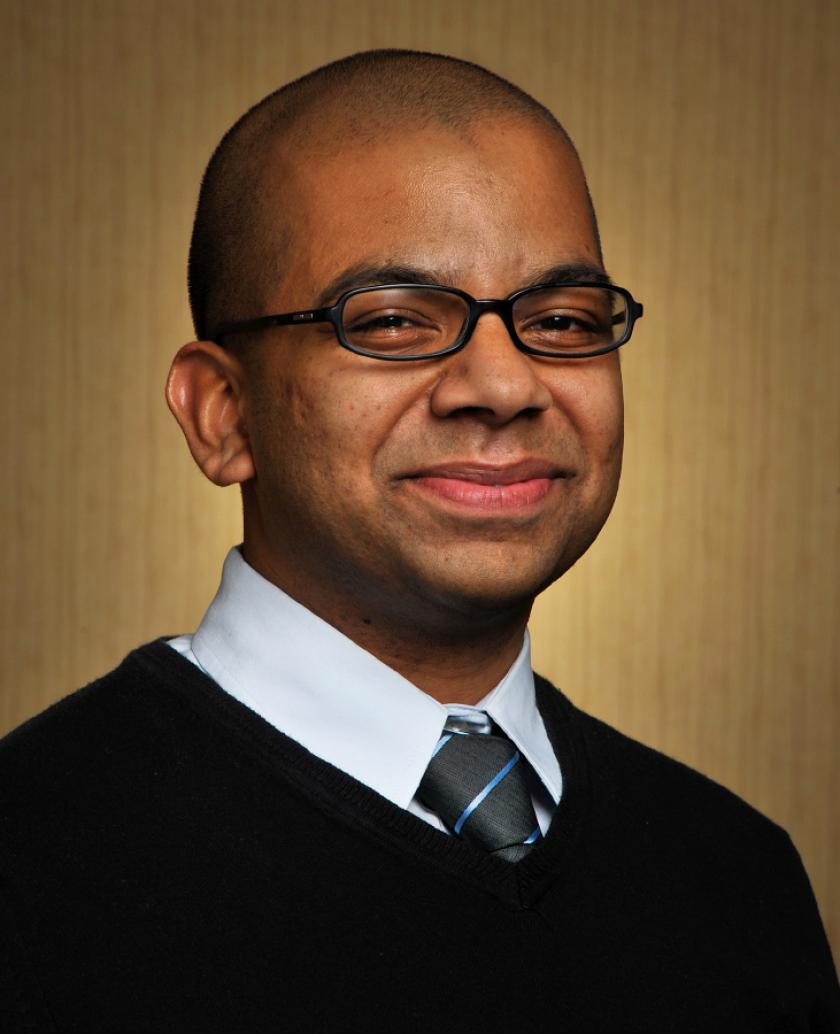
[image1-right]Samip Mallick (MS ’11) co-founded the South Asian American Digital Archive (SAADA) in 2008 and hasn’t had an average day since becoming the project’s first full-time employee in July 2012. Mallick serves as SAADA’s executive director and president of its board of directors. His day-to-day work: figuring out what needs to be done and making it happen.
When SAADA began, Mallick was working at the University of Chicago’s South Asia Resource Center and recognized the need for a record of the history of South Asian Americans. “South Asian American history wasn’t being documented by any traditional archival repository,” Mallick said. “There wasn’t very much of an awareness about the community’s own history, and we felt very strongly that unless some kind of intervention were to be made, the history of the South Asian American community was in danger of being lost.”
As a part of that community himself and as someone who had studied the history of South Asia, this danger resonated with Mallick on a personal level. His parents had emigrated from India to the US in the 1960s, and while Mallick was raised in Detroit, he visited India regularly growing up. After completing a bachelor’s degree in computer science at the University of Michigan, Mallick spent a year learning to read and write Bengali in Calcutta, India, and later studied history at Jawaharlal Nehru University in New Delhi.
With an initial investment of their own time, resources, and expertise, Mallick and colleagues Michelle Caswell and Jennifer Dolfus Ford registered a website and began building a digital collection. At the time, Mallick’s archives expertise came from practical experience gained while working at Chicago’s South Asia Resource Center as an outreach coordinator and assistant bibliographer. It was in this role that he first began to recognize that library and information science might be in his future. “I learned more about libraries and archives and saw how well LIS connected with my own interests and things that I found really meaningful in terms of work, so I decided to pursue a degree at the University of Illinois,” Mallick said.
In 2009, Mallick began work on his master’s degree at GSLIS. It was the School’s reputation and the flexibility of the LEEP option that drew him to GSLIS, where he found a community of diverse backgrounds and experiences. Through LEEP, he was able to complete his degree while living in Chicago and working at the University of Chicago and SAADA. Mallick knew that “having that practical experience, being able to take what you’re learning in the classroom and applying that to your work, in some sense that’s the best way to understand or learn more about libraries and archives.” He finished his master’s with a broad view of the field as well as a sense of connection to the current world of information and the history of library and information science.
In 2010, Mallick put his developing skills to the test when he became the director of the newly-formed Ranganathan Center for Digital Information at the University of Chicago. After two years in that position, Mallick completed his master’s degree and felt that the time was right to make SAADA his full-time priority. “I find it really exciting because everything that I do, everything that our board does, everything that our volunteers do currently, has a direct impact on the sustainability and longevity of this organization,” he said. “If you want to make an impact in your work, this is the kind of work to be doing.”
Since then, Mallick has relocated to Philadelphia, where SAADA has grown to include a small staff and a network of volunteers around the world who identify, digitize, and create metadata for relevant items. The collection includes materials dating from the late 1800s to born-digital materials, which are created and added daily. Mallick is working to engage the South Asian community in a more active way, creating avenues for active learning and discussion of history and culture. “This community hasn’t really had access to their own history before, and now for the first time they do,” he said. “There’s been a lot of interest and a lot of excitement about the archive, the availability of these histories, and a desire to be part of that history.”
Looking forward, Mallick sees two priorities for SAADA. First and foremost is the continued growth of the collection, “the foundation and the backbone of everything we do.” At the same time, he is looking for ways to make SAADA a sustainable institution that will serve South Asian Americans and others for decades to come. “We’re obviously a very forward-thinking organization. We’re using the digital medium, [and] we’re thinking about how to continue this 20, 50, even 100 years from now, but at the same time being connected to that history really is appealing, and I love it.”